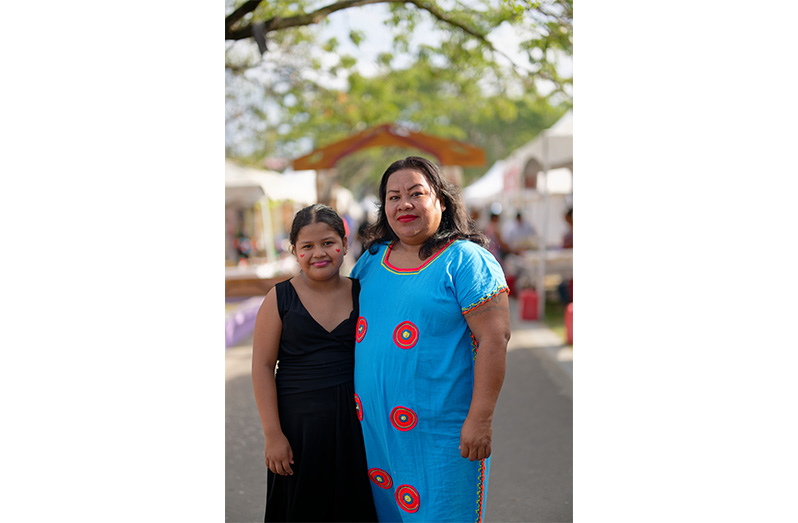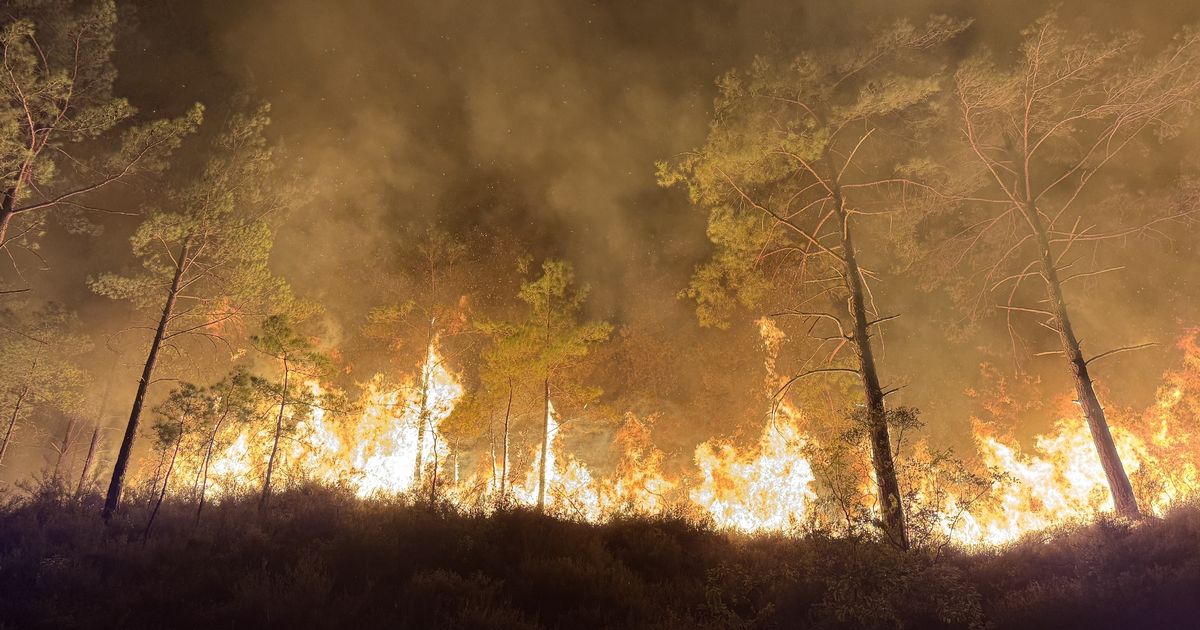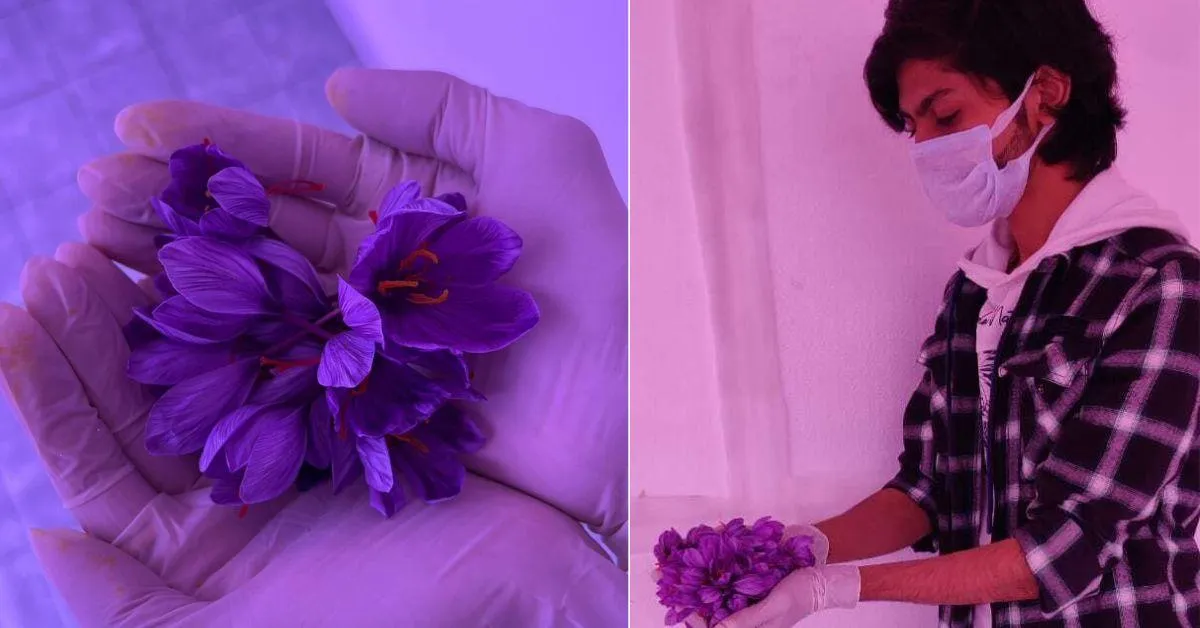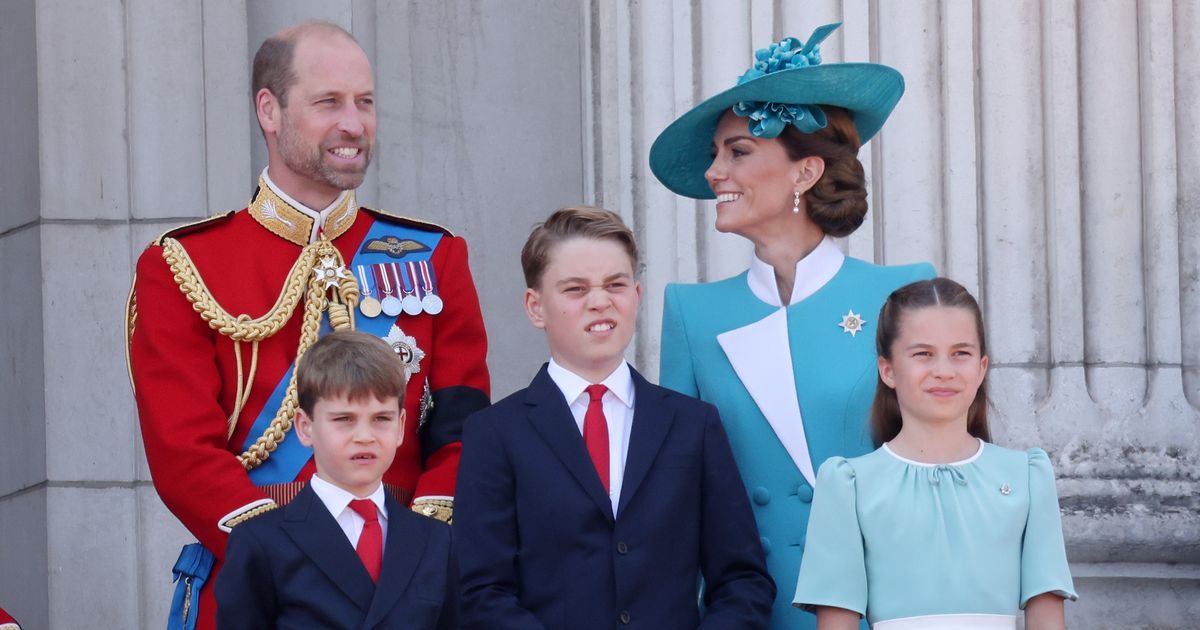By Shaniya Harding
Copyright guyanachronicle

Guyanese indigenous languages teacher and activist Sabantho Onyi is preserving languages and legacies.
LANGUAGE is one of the most vital characteristics of a people. In the same way, Guyanese words and terms are a defining factor of who we are, languages all across the world are a way of connecting people with their roots. This is why the work being done by people like Guyanese indigenous languages teacher and activist Sabantho Onyi is so essential.
Working alongside institutions like the University of Guyana, Onyi is among a growing number of people working to ensure that indigenous languages are preserved. For nearly a decade, Onyi has been advocating for the importance of indigenous languages in Guyana. Today, robust work is happening across the country to keep the languages of Guyana’s indigenous people alive—from books to dictionaries. Onyi says indigenous languages will be kept alive in Guyana for as long as she is.
Roots in Wakapau
Onyi’s journey into her cultural self-discovery began while she was still young. Born and raised in the Arawak village of Wakapau, located in the Pomeroon-Supenaam Region of Guyana, Onyi was immersed in her culture. Through dance, food, and music, her family and community preserved the rich culture and little-known traditional practices.
“My parents always taught us the traditional way and asked us to keep our culture and traditions alive. Even though they were avid Christians, they still kept the dances, the food, the language. Everything was vibrant in the home, and that’s how I grew, loving my language and my culture,” she stated.
Although well acquainted with her culture, after leaving home to attend high school in Georgetown, Onyi felt lost being away for the first time in her life. She was in a new environment, among people and places so vastly different from what she was used to.
“As much as I tried to assimilate and let go of my traditions, the call of my culture continued. When I got a scholarship to come to school in Georgetown, I felt lost. Georgetown was different, and growing up with guardians who didn’t understand me was a huge challenge. But the calling of my traditions and my culture was always there. Whenever I went home, I tried to learn as much of the language as I could because I wasn’t fluent when I left.”
When she was in her twenties, however, Onyi returned to Wakapau permanently. This, she said, was the beginning of work on preserving her language that would last a decade.
“As an adult, I went back home permanently. I started working with my mum to record the language. In 2002, my mum met linguists from the University of the West Indies. Being exposed to linguists and language activists awakened that love for language in me. When my mum passed away in 2018, I took it upon myself to continue her work. I couldn’t let it go. I started doing more for the language, learning as much as I could.”
Carib, Lokono, and Beyond
For much of the last decade, Onyi has been a part of the University of Guyana’s Guyanese Languages Unit. Through this unit, she has worked with various communities across Guyana in learning, preserving, and teaching a number of indigenous languages.
“I became part of the Guyanese Languages Unit at the University of Guyana. I got training and exposure not only to my language but to other indigenous languages in Guyana. I went to different communities and did data collection, including on the Carib (Ka’inya) language in Baramita. Everyone there spoke and understood the language, and it became one of my favourites. Even though the community has challenges, I enjoyed the people and the language. I’ve now worked on language revitalisation for almost a decade.”
Onyi has also extended her work beyond the University of Guyana, working with regional and international associations. Most recently, she has been part of a team working on a dictionary.
“For the past two years, I’ve been working with the Council of Native Caribbean Heritage, or CONCH. We’re also working on a robust dictionary with English translations, word classes, and audio. It’s an exciting journey, because my love for language is endless. I love to hear indigenous languages reaching new heights.”
The dictionary is focused on Lokojañ (Lokono Ajian), the language of the Arawak/Lokono nation. This initiative is being done through the Academic Council of Lokono Ajian and the Council of Native Caribbean Heritage (CONCH).
For Onyi, the revitalisation of languages is a major part of the revitalisation of culture. As she shared, language is not just about learning Lokono words and phrases; it is about continuing the stories told by generations of her family.
“In order for you to know who you truly are, you have to know your language, your roots, and your traditions. All of that comes with how you communicate. People who speak their language and keep their cultures alive are more connected. Some of my own sisters aren’t as interested in language preservation, and because of that, there’s traditional knowledge they don’t know. But for me, if I feel sick, I know what bush medicine to use, and it helps. That knowledge has carried me through.”
Passing Down Words and Wisdom
Today, Onyi is continuing that passing down of words as well as wisdom. Through her family, she is ensuring the language of her culture stays vibrant.
“I teach my daughter everything about language, culture, and traditions. Even when she was in my belly, I sang to her. Now she loves the language as much as I do. My grandson, who is just two years old, sings in many languages and identifies body parts in Lokono. I love teaching the language to anyone who will listen, because with the language comes traditional knowledge that can help anyone, not just indigenous people.”
Earlier this year, Onyi was among the few people who made the audiobook of Arya Takes A Swim possible. Recorded in Lokojañ, the audiobook, which is now widely available, represents a major milestone in preserving indigenous languages.
Onyi is very optimistic that with continued work by people like herself, the language of Guyana’s indigenous people will not only survive but thrive.
“It is good to know who you are, where you come from, and most of all, where you’re going. The knowledge from the past keeps you focused on the future. Languages define us. They tell us who we are. I know that in the future, there is so much more we can do, and I know Lokono will not die as long as I’m alive.”



